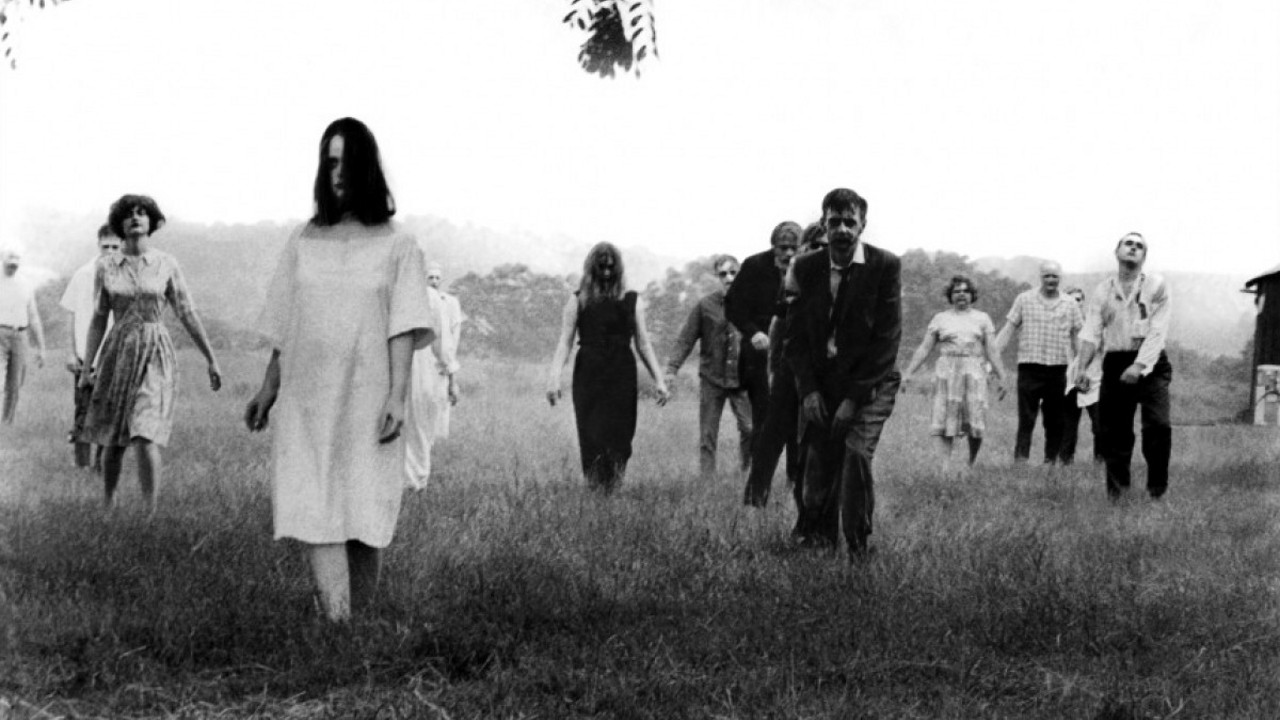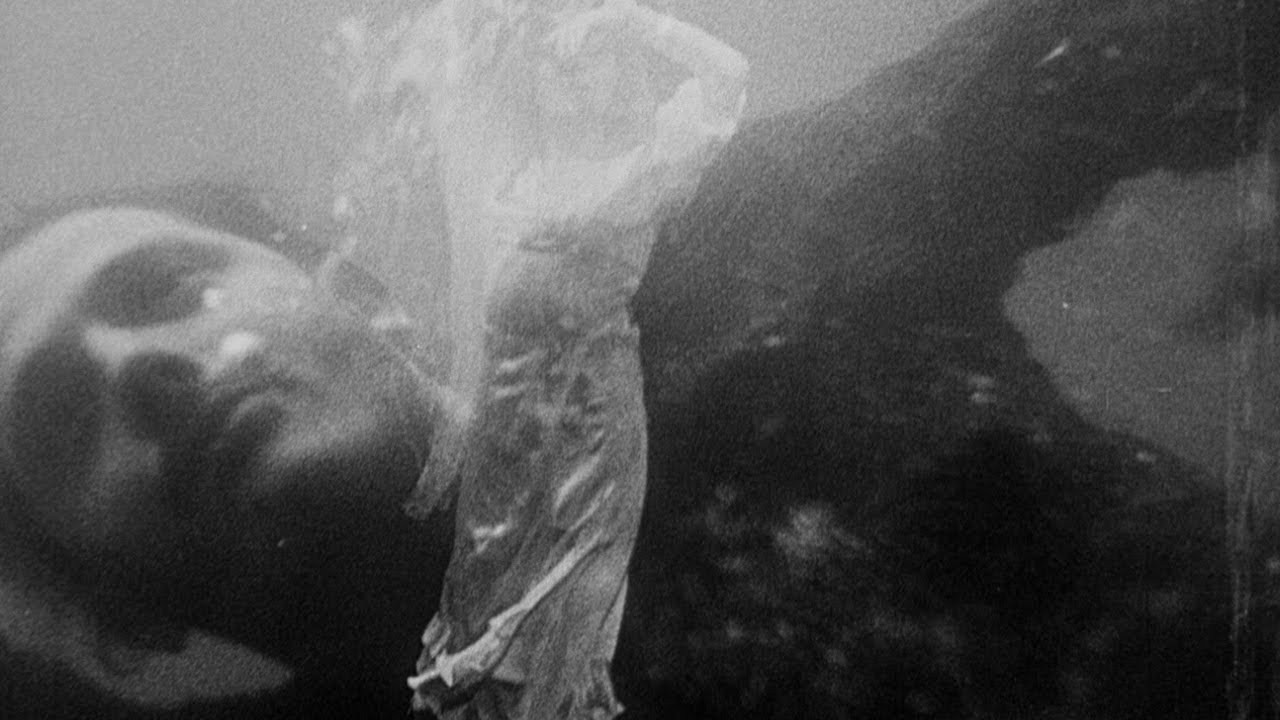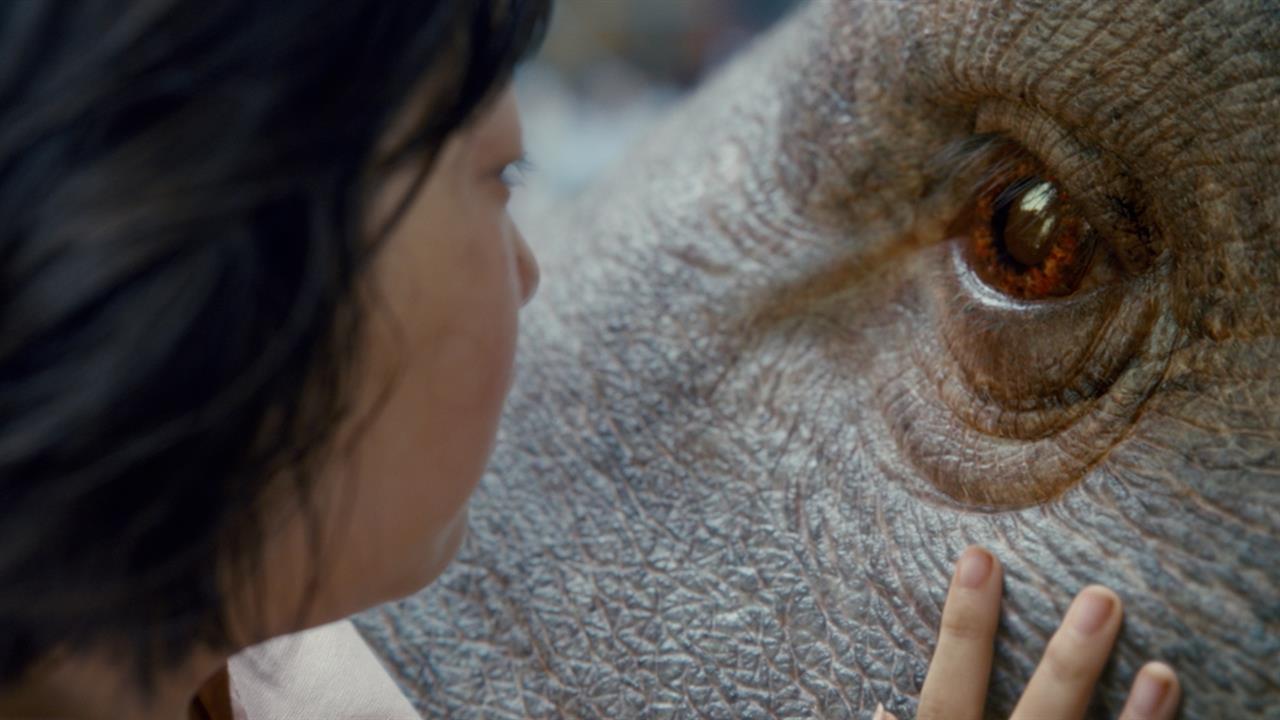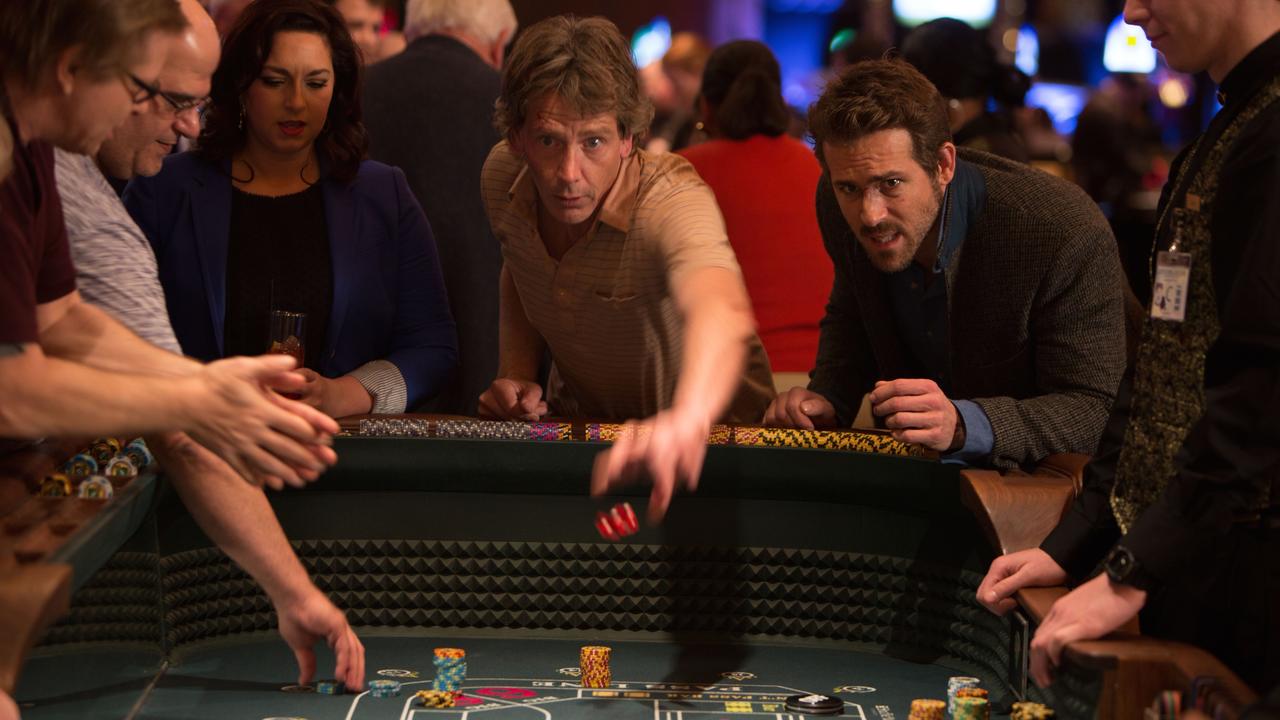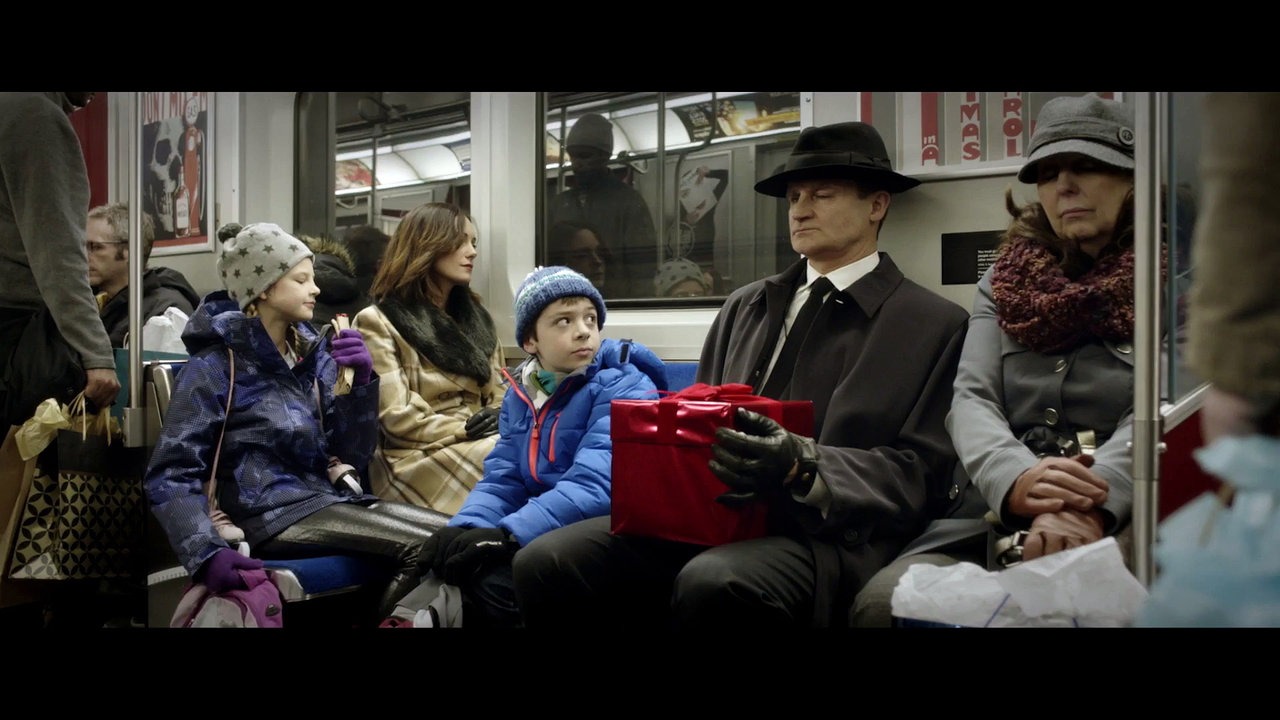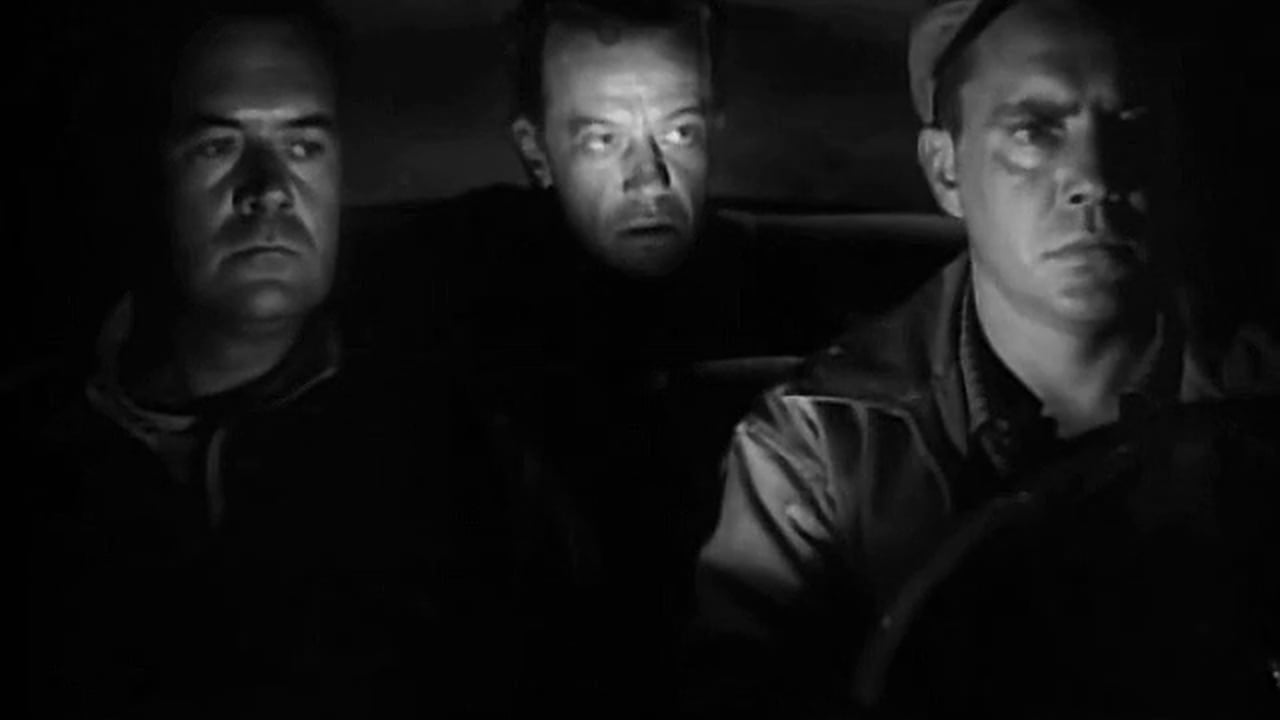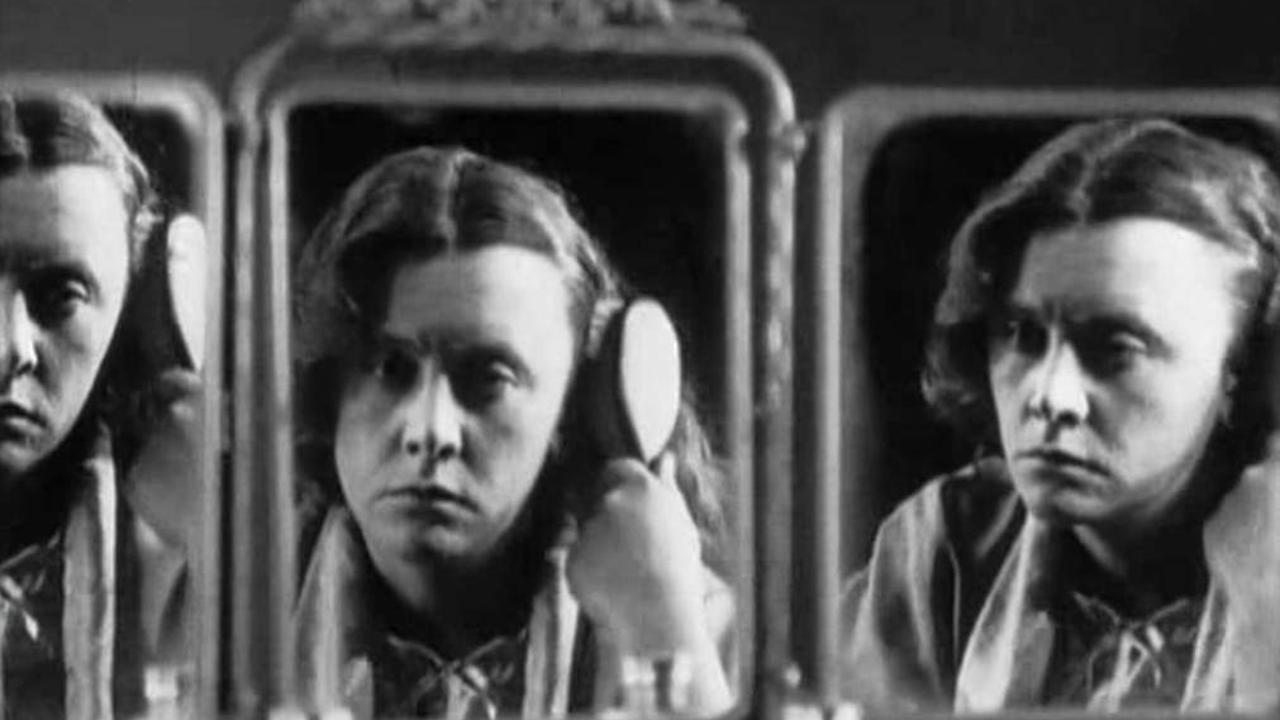If memory serves, I was about 6 or 7 when I first saw George Romero’s The Night of the Living Dead. It’s one of those film-viewing experiences that left an indelible imprint: I distinctly remember that feeling of sympathetic helplessness, the emerging sense that this was not going to end well, along with the viscera and brutality, the total bleakness of the film’s climax.
rick
Although their SNL shorts and music videos are generally cherished by comedy and/or cannabis enthusiasts, the Lonely Island boys haven’t had the best of luck on the big screen. Hot Rod raced through both theaters and the public consciousness, raking in all of $14M at the box office; a few years later, the Jorma Taccone-helmed MacGruber failed to recoup its budget, outpaced, as Matt Singer once pointed out, by Furry Vengeance, “starring Brendan Fraser as a real-estate developer at war with a raccoon.”
The opening sequence of L’Atalante depicts a wedding procession through a provincial village. The natural environment is austere, and so are the spectators’ clothes and demeanor, more suited to a funeral than a wedding — all of which make the bride’s ornate gown, pale face, and blonde hair that much more otherworldly and out of place.
As 2013’s Snowpiercer demonstrated in no uncertain terms, Bong Joon-ho will never be accused of excessive subtlety. Okja, his latest, doubles down on this, revealing a director entranced by over-the-top characterizations (I’m looking at you, Jake Gyllenhahl) and over-stuffed narratives.
The desperate masculinities and gambling families of Mississippi Grind and California Split
For all of our cultural emphasis on the lonely, solitary gambler, awaiting one big score or trying to dig himself (it’s always a him) out of a hole of his own making, it’s also true that gambling can create families of sorts by definition.
Here’s an imaginative exercise. To get a sense of what it must’ve been like to be one of the very, very few women directors in 1950s Hollywood, we can simply read The New York Times‘ obituary for Ida Lupino, published upon her death 40 years later, in 1995.
There are no doubt a number of reasons why the name Germaine Dulac is not as immediately familiar to most folks, including cinephiles, as her contemporaries Salvador Dalí, Luis Buñuel, or her collaborator-turned-detractor Antonin Artaud. Here are two: the casual misogyny of the Surrealist Boy’s Club, and the fact that Dulac’s films don’t really fit the Surrealist mold very well in the first place.
Decades before David Cronenberg released his cult masterpiece Crash, Harley Cokeliss (Battletruck, Dream Demon, one episode of Xena: Warrior Princess) gave the material a try.
His short, similarly though more enthusiastically titled Crash!, has the additional bonus (or novelty, at least) of featuring author J.G.
Julia Ducournau doesn’t think her film Raw is about animals. Raw sure seems to, though
Earlier entries in the Vegan Horror series have tended to focus on films with an animal rights subtext (even if their directors occasionally felt compelled to shout out, “It’s about meat”). The whole notion is founded on the idea of mining the signifiers to point out the underlying logic and related concerns.

